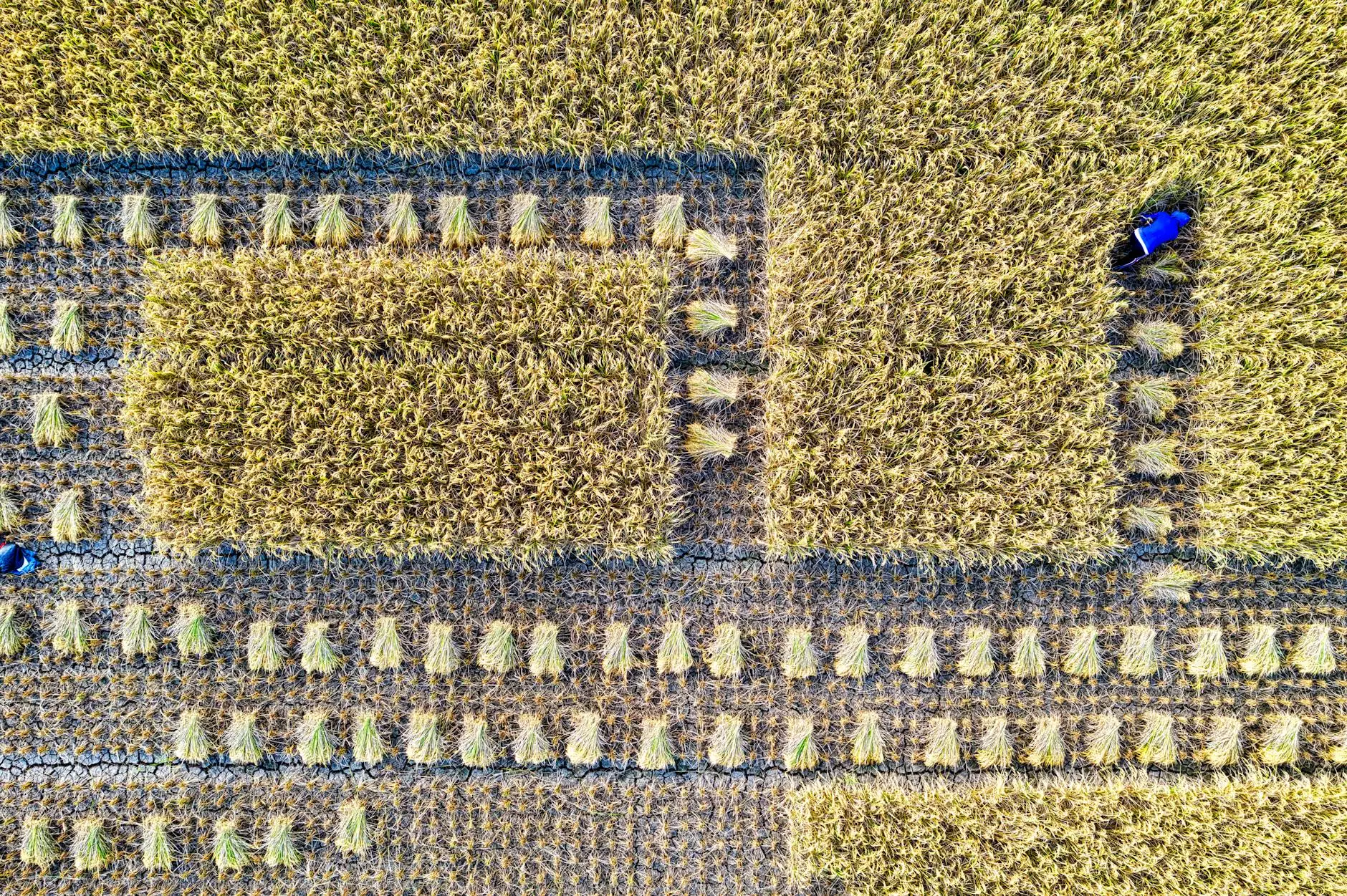The Vital Role of **Dry** in Wheat Production

Dryness is a critical factor in wheat production that can significantly impact the quality and yield of the crop. Understanding what is dry for wheat is essential for farm equipment repair and effective farming practices.
Importance of Dry Conditions for Wheat
Dry conditions are essential during various stages of wheat cultivation, from sowing to harvesting. Dry soil conditions promote proper seed germination, root development, and nutrient absorption, leading to healthier and more robust wheat plants.
Dry Spells and Dryland Farming
Dry spells can pose challenges for wheat farmers practicing dryland farming. Effective farm equipment repair and maintenance become crucial during these periods to ensure optimal performance of farming equipment under dry conditions.
Choosing the Right Dry Farming Equipment
When operating in dry environments, selecting the appropriate farming equipment is paramount. From dry seeders to dry harvesters, each piece of machinery must be tailored to perform efficiently in dry conditions.
Maximizing Wheat Yields with Dry Strategies
Implementing dry strategies, such as precision irrigation and dry mulching, can help optimize wheat yields even in dry climates. Partnering with experts in farm equipment repair can enhance the efficiency of these dry farming practices.
Conclusion
In conclusion, understanding what is dry for wheat is paramount for successful wheat production. By prioritizing dry conditions and investing in quality farm equipment repair, farmers can achieve higher yields and ensure the sustainability of their operations.
what is dry for wheat








